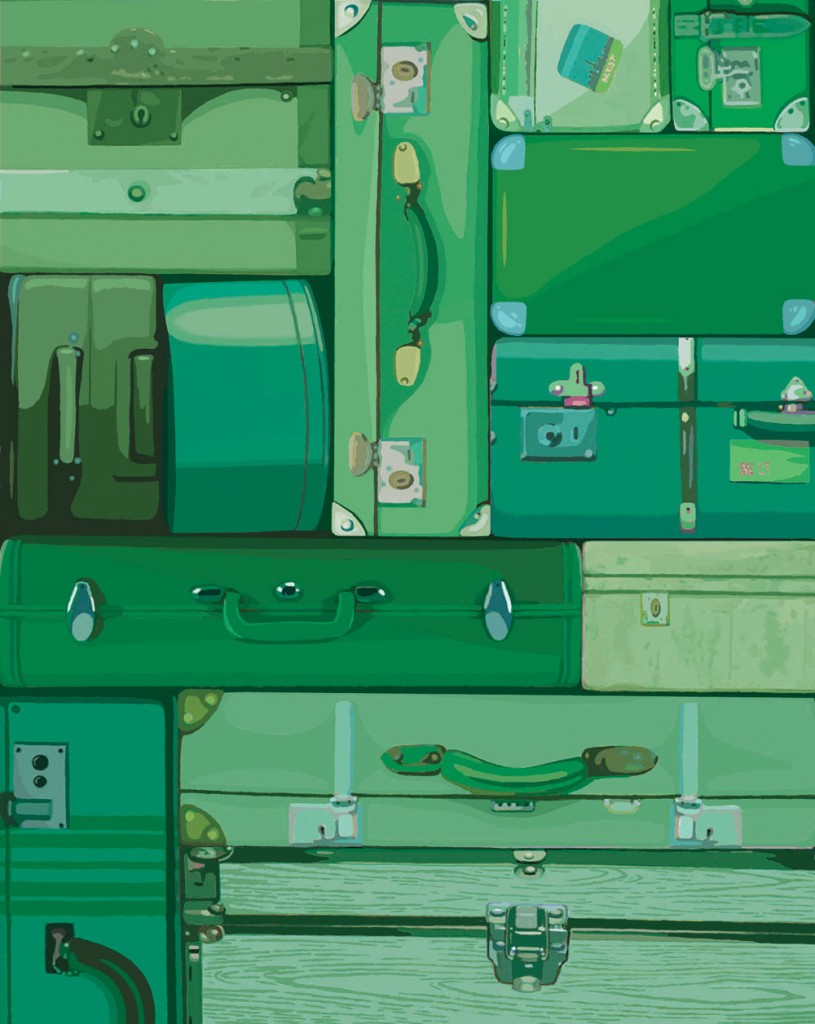Enhanced options in todayÂ’s marketplace help reduce your carbon footprint when traveling. By, Paul Rubio
More than a decade into the post-millennium “Green Revolution,” social awareness and an enlightened public have forced the travel industry to revisit the fundamentals of sustainability and environmental consciousness in operation and design. “Green” radicals contend that “no travel is the best form of travel,” though nowadays, a 

Train It. Carbon emissions from trains are dramatically lower than those from aircraft; in some cases, 10 times less. In Europe, swapping planes for trains is a no-brainer given the continentÂ’s extensive network. Plane Simple. Spewing out two percent of the worldÂ’s carbon emissions, planes are viewed as the environmental Antichrist. However, not all planes are created equal. Choosing a more modern aircraft when booking a flight can help reduce personal contributions of CO2 emissions by thousands of pounds each year in fuel efficiency alone. Most airlines and airplane purveyors detail the efficiency of their aircraft on their respective websites.
Travelers’ Remorse. Those who want to go green without having to think about their actions can purchase carbon offsets to negate their environmental travel impact. Treehugger.com recently hailed the organization Terra Pass as America’s “Best Carbon Offset Provider.” Terrapass.com allows you to contribute to a number of carbon reduction projects at the click of a button, balancing your carbon footprint. Certified Hotels. In 2011, there’s no reason for hotels to lack a sustainability factor. More than the famous “towel reuse” program, hotels across the world have taken the elements of construction, design, and operation to new eco-friendly heights. When choosing hotels domestically, look for newer ones with LEED certification, the national benchmark for green construction. Among luxury hotels, choose those that have achieved a Luxury Eco Certification Standard (LECS), or one that details its sustainability efforts on its website.
Staycation. Rediscovering your own city or a neighboring city is the greenest way to vacation, as youÂ’ll forgo carbon-heavy long-distance transportation. Stay in a LEED-certified hotel and use public transportation (if available and safe). Home Style. DonÂ’t use your vacation as an excuse to take the environment for granted. Recycle and reuse as you normally do, and implement the same energy-saving tips you use at home.


